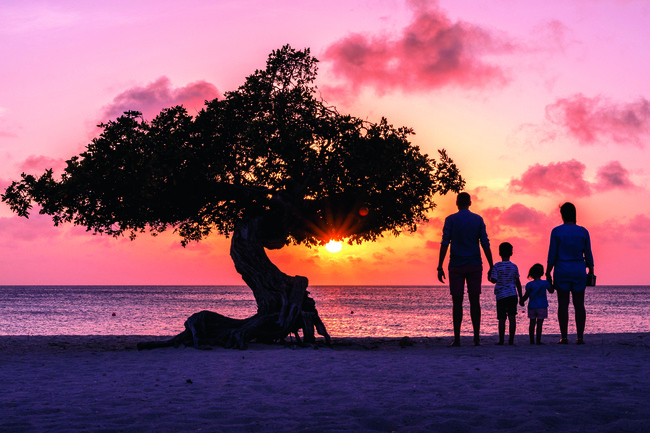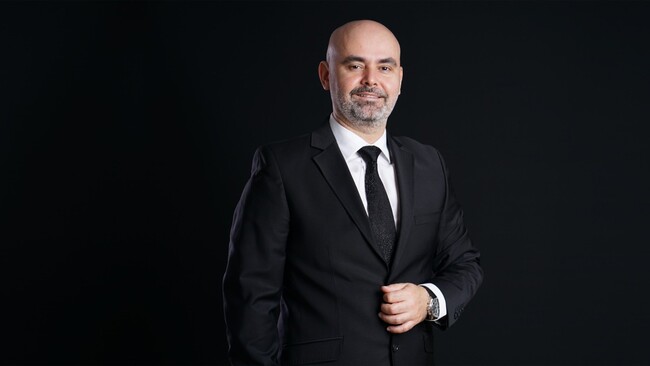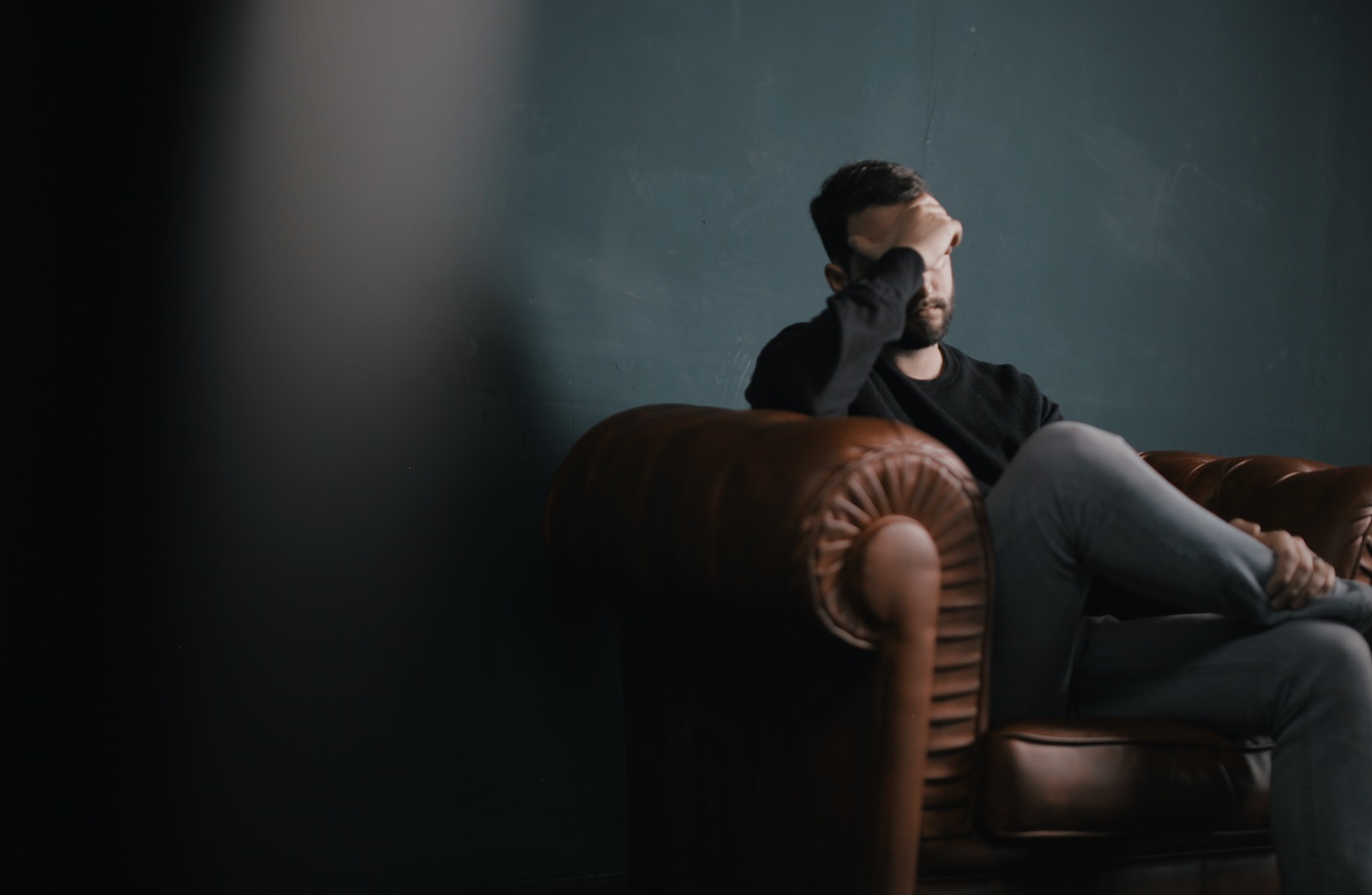With Sunshine Saturday (6 January) looming – the day famously known for holiday bookings – an expert sheds light on why our brains don’t just desire, but essentially ‘require’ holidays.
TV psychotherapist Anna Williamson discusses how the process of researching and booking holidays positively affects our brain chemistry.
Anna, 42, from Hertfordshire, also discusses the benefits of a shorter break over a longer holiday and pinpoints when relaxation truly begins during a trip.
She addresses an important question: how many holidays are necessary each year for proper rest?
“I would say we don’t just want a holiday… we need it,” says Anna, who is collaborating with TUI for this project.
“Post-holiday season, many undergo a hormone crash. This is because our brain chemistry, previously uplifted by joy, longs for another oxytocin and dopamine surge – our brain’s reward, comfort, and love hormones. This desire fuels the rush for holiday bookings in January, leading to the Sunshine Saturday trend,” she explains.
‘Studies reveal that ‘braincations’ help release neurotransmitters, improving mood, reducing stress, and enhancing cognitive abilities. A vacation not only enhances creative thinking but also offers long-term benefits to the nervous system, aiding recovery from health issues like strokes and boosting heart health.
According to TUI’s study, most Britons begin their annual holiday search on New Year’s Day, with around 37% likely to book a summer vacation around this period. It typically takes an adult about 53 hours to find their dream holiday.
What, then, is the recommended number of holidays per year? Anna elaborates: “Although there’s no set time required for health, a minimum of two holidays a year seems to be a practical balance for most. Regular short breaks every two months are crucial to avoid anxiety, stress, fatigue, and illness. Other research suggests that frequent shorter breaks are preferable to a single long holiday each year.”
Regarding the type of holiday – a weekend city escape or a longer beach stay – the decision is personal, with several factors to consider.
“Research indicates that people feel most rejuvenated three days into a holiday. However, for those who prefer longer stays, eight days might be the ideal length. But the stress of one big annual holiday can sometimes be counterproductive,” Anna points out.
Planning a trip also has a positive impact on the brain. “The act of browsing holiday deals triggers our brain’s reward system, leading to dopamine production and sensations akin to those experienced during pleasurable activities,” Anna adds.
TUI’s past research shows that Brits hit their ‘peak’ holiday mood 43 hours into a trip, but this feeling fades about 3.7 days after returning. Interestingly, more than 20% book their next holiday within a month of their return.
TUI expects this January’s sales to exceed those of January 2022 and pre-pandemic January 2020.
Holidays are also beneficial for sleep patterns, with the effects lasting up to two weeks post-return. The experiences during the holiday also influence the level of restfulness.
“Engaging in new experiences, such as discovering your hotel room or the first dip in the pool, gives the brain a ‘novelty’ boost. Meditation during a holiday can also prolong the ‘holiday high’,” says Anna.
Anna advises: “Be clear about your holiday objectives, whether for relaxation or exploration. Choosing an appropriate travel partner is key. Strike a balance between enjoyment and exercise, mindful eating, and staying hydrated. Regular walks are essential for vitamin D and maintaining physical health.”
Anna herself prefers frequent breaks to suit her family’s “freelance lifestyle”. “We cherish family holidays and aim for four trips a year. I also organise couples’ retreats and trips with my mum and friends. Holidays are crucial for stepping away from daily stressors and enhancing connection and communication,” she concludes.
After booking a holiday, 65% report feeling ‘excited’, 35% ‘satisfied’, and 34% more cheerful. European beach holidays are a popular choice, with various lengths preferred.
Phillip Iveson, TUI UK & I’s commercial director, comments: “We see a significant increase in holiday bookings after Christmas. With our wide range of deals, we are set to meet diverse travel needs this year.”
FACT BOX: TOP NINE REASONS FOR BOOKING A SUMMER HOLIDAY NOW
- To have something to look forward to (44%)
- It’s exciting looking for somewhere to go (33%)
- I think it’s cheaper to book then (25%)
- It helps get me/us through the most miserable part of the year (23%)
- I feel we physically and emotionally need a holiday (22%)
- Always book a summer holiday after Christmas (20%)
- We have to book them off work before other people get that time off 12%)
- We are exhausted after Christmas and booking a holiday gives us a buzz (12%)
- We’re both off work so it’s easier to find the time to look around (11%)







